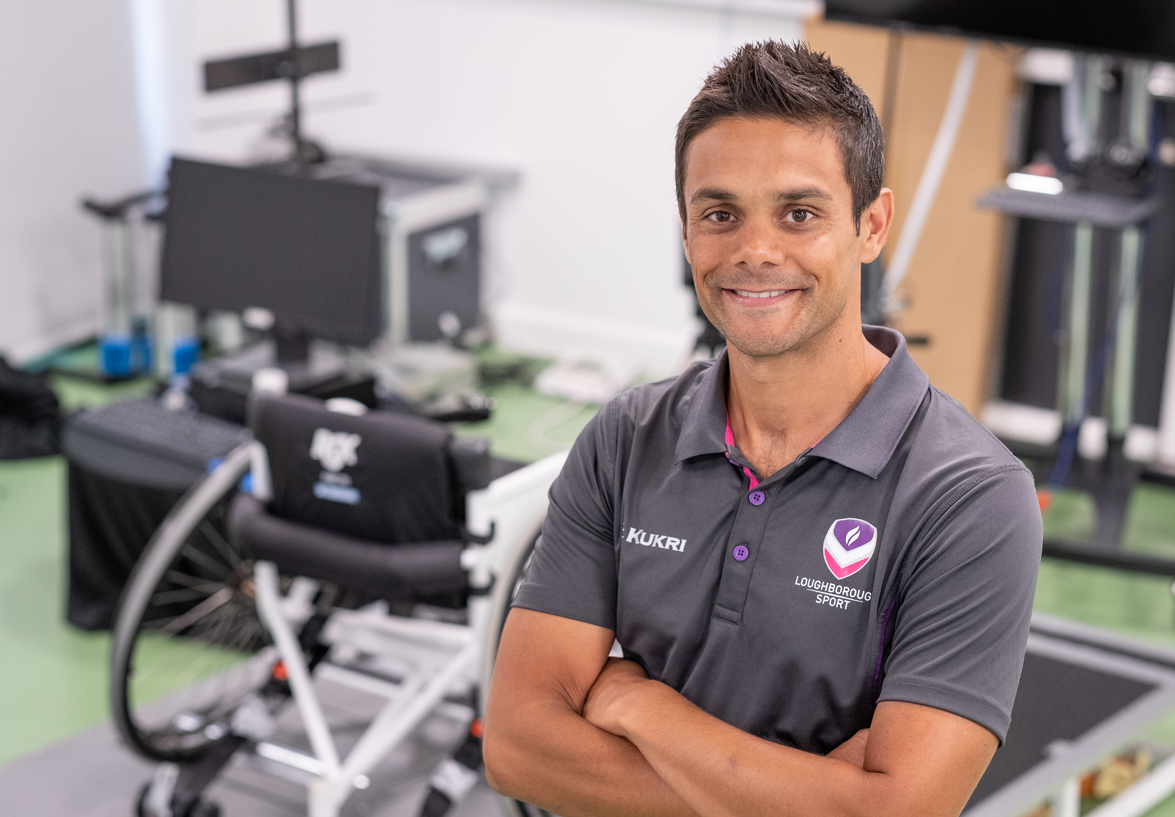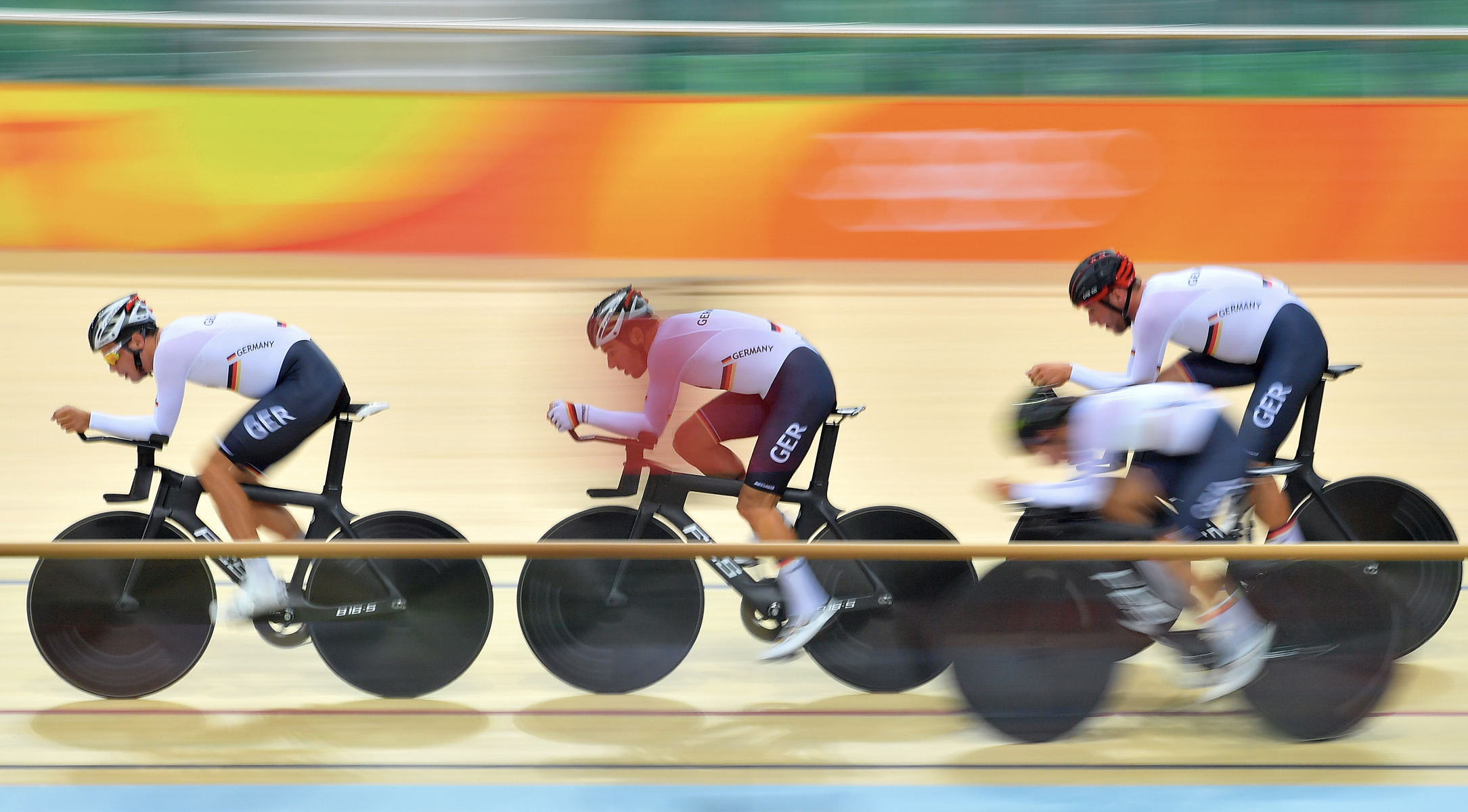
Nik Diaper has competed at six Paralympic Games
I’m one of those people who is against the move to combine the two, as I’m not sure it would be the best thing for Paralympic sport to be integrated with the Olympics. I’ve been to six Paralympic Games and I think the event’s appeal lies in the amazing and unique experiences it creates.
For me, there are two arguments to consider regarding running the events at the same time – a philosophical one and a practical one.
From a philosophical point of view, the Paralympics Games is such an amazing, special thing. If it were to be combined with an event equally amazing in its own right – the Olympic Games – I fear that it would somewhat dilute the value of both events.
The Paralympic Games gives para-athletes a unique voice. I’m not sure we would have the likes of Jonnie Peacock or Ellie Simmonds have the profiles they currently do, if they were competing in the same space as the Usain Bolts and Michael Phelps’ of this world. Also, I think there is actually more chance of people being inspired by the Paralympic Games when it’s a standalone event.
"The Paralympic Games’ appeal lies in the amazing and unique experience it creates"
On a practical level, there are logistical issues to consider. There are around 10,000 athletes that compete during the Olympic Games and another 5,000 who compete in the Paralympics. And that’s just the athletes.
Add to those the additional 10,000 to 15,000 support staff and you will have to concede that, realistically, the only way to run the two alongside each other would be to limit the number of athletes and/or the number of events.
So while I recognise that, in this day and age, the two events could be combined, for me they’re very different things. They mean different things to different people and combining the two would dilute what each represents.

Diaper believes there is more chance of people being inspired by the Paralympic Games when it is a standalone event © shutterstock/Shahjehan